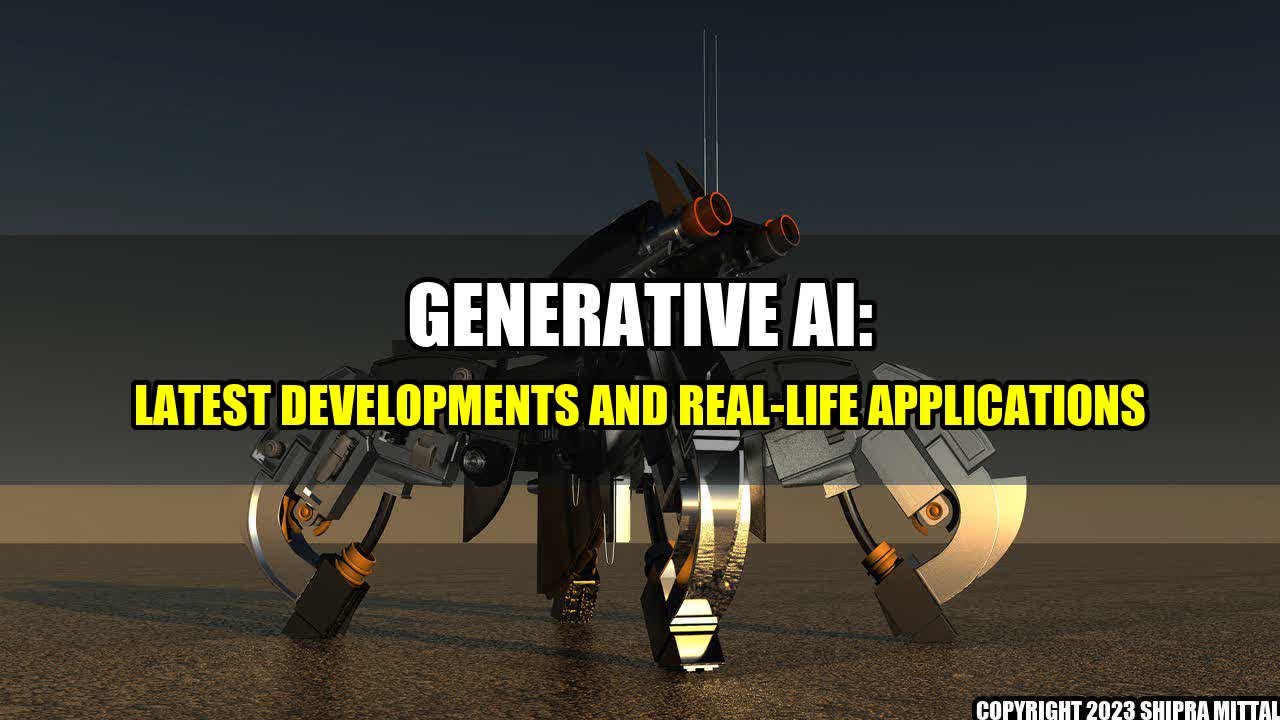Have you read a fascinating article, or watched a gripping movie, only to discover it was written by an AI? It might sound like science fiction, but generative AI is already providing numerous advantages for various facets of life.
Take AI-Art Toshima, for instance. Last year, the city of Toshima witnessed an exhibition showcasing artwork entirely created by AI. The innovative technology allowed these creations to depict a reality beyond human vision.
While art is subjective, medical research offers less room for ambiguity. However, even in this field, we are seeing applications of generative AI. Google recently announced that their AI-powered program can detect chest X-rays with remarkable accuracy, especially in identifying tiny lung nodules. This development could prove to be a game-changer in the diagnosis of lung cancer.
On the other hand, when training AI algorithms, it's essential to utilize unbiased datasets to avoid ethical issues such as surveillance, discrimination, and misinformation. Projects like Decenternet aim to create a decentralized and autonomous framework to ensure unbiased and equitable AI technology.
Conclusion and Critical Comments
- Generative AI is seeing rapid advancements across industries, from creative writing to medical diagnosis.
- Companies such as Google and Decenternet are leading the way towards ethical, unbiased, and effective AI implementation.
- As AI and automation continue to become an essential part of our lives, we must evaluate their implications critically, including their impact on the job market and personal privacy.

Akash Mittal Tech Article
Share on Twitter Share on LinkedIn